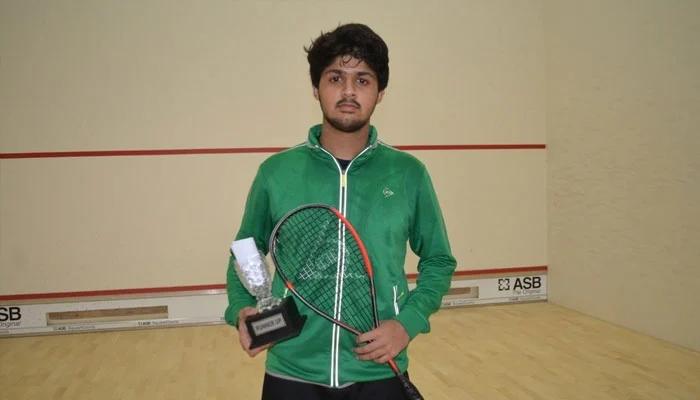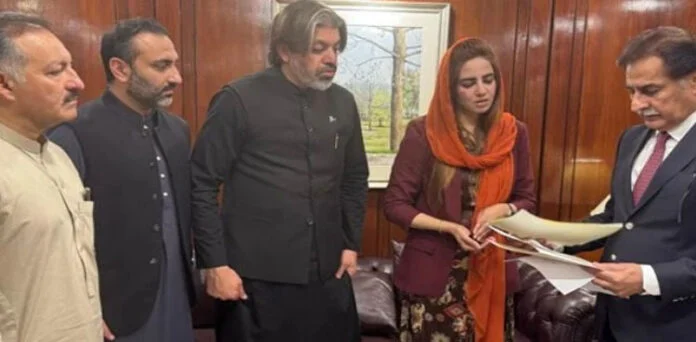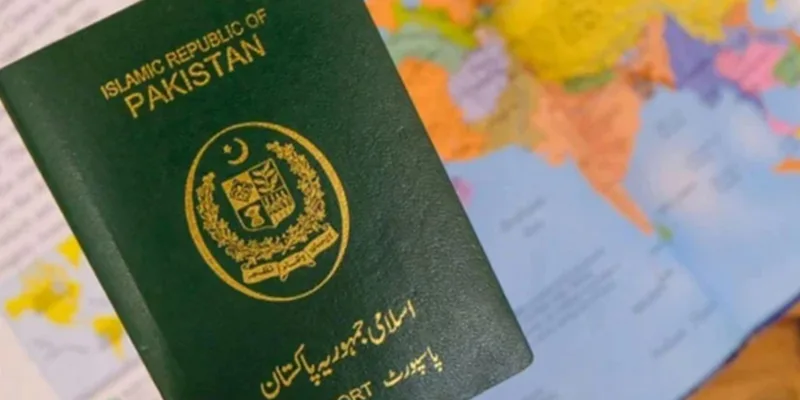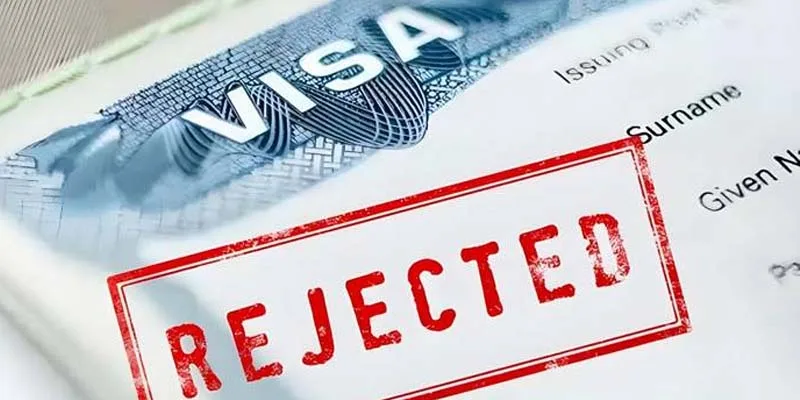
International students in the U.S. on F-1 or M-1 visas must follow strict rules to maintain their legal status. The U.S. Department of Homeland Security has issued a reminder that failure to comply with visa conditions can lead to immediate removal from the country and possible future bans on reentry.
A student visa is issued solely for the purpose of studying in the U.S. Any activity that deviates from this purpose—such as unauthorized work, skipping classes, or dropping courses without proper approval—puts your status at risk.
Students may enter the U.S. up to 30 days before their program start date and must report to their Designated School Official (DSO) both upon arrival and by the program’s start date as listed on Form I-20.
During your studies, you are required to attend all classes and make consistent academic progress. Full-time enrollment must be maintained. If difficulties arise, speak with your DSO before dropping any classes. If you need additional time to complete your program, request an extension before the I-20 expiration date.
F-1 students may take an annual vacation after completing a full academic year. During this period, they may study part-time or not at all, but must re-enroll in the following term.
For F-1 students, employment is allowed under specific conditions: on-campus work, Curricular Practical Training (CPT), or Optional Practical Training (OPT). All work must be authorized. Working without proper approval may result in deportation and a ban on returning to the U.S.
M-1 students are not permitted to work during their studies. Practical training is only available after program completion and must be approved by both the DSO and USCIS.
After completing their studies, F-1 students have 60 days to leave the country, while M-1 students have 30 days or until the expiration date on their I-94, whichever is earlier. Students who wish to stay longer must consult their DSO about options such as moving to another degree level, transferring schools, or applying for a different type of visa like H-1B or O.
It’s essential to consult with your DSO before making any changes to your program, including switching majors, taking a break from school, traveling, changing your address, or seeking an extension.


















